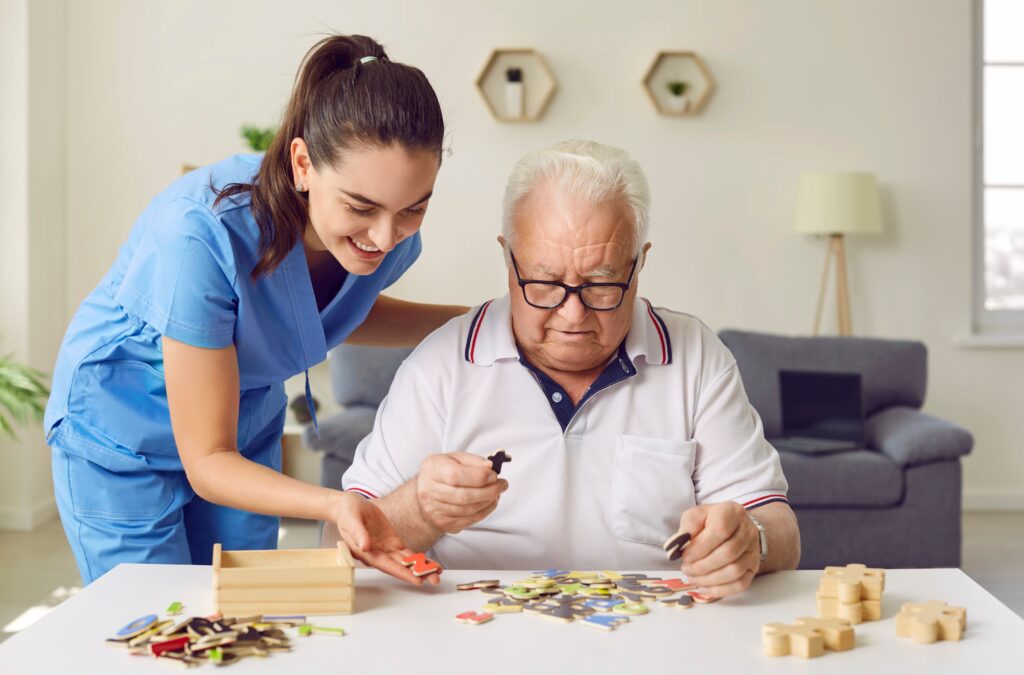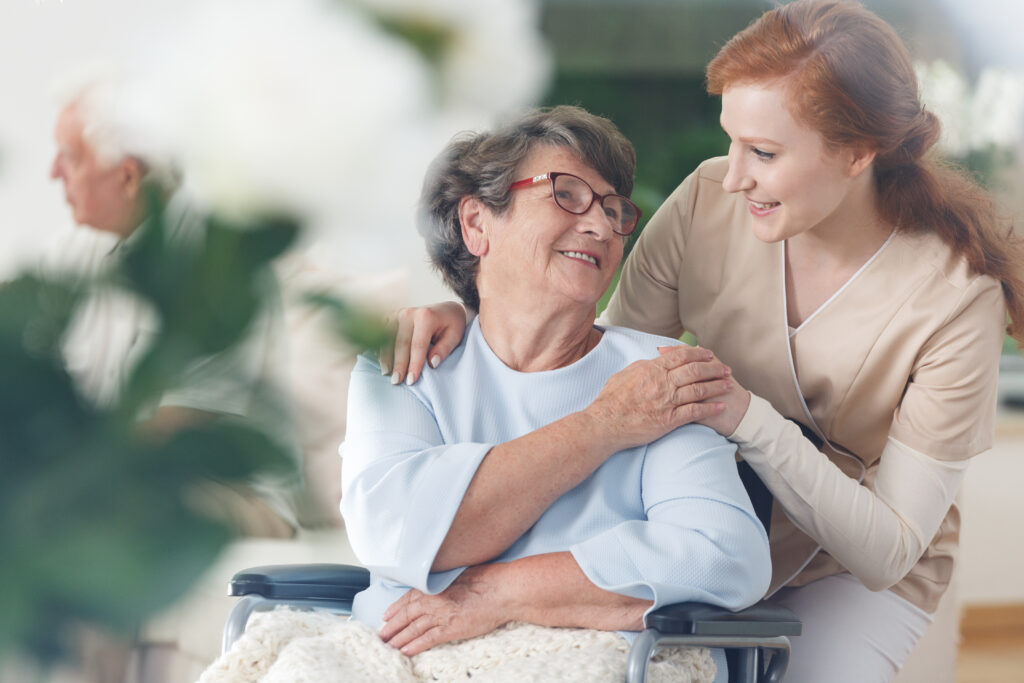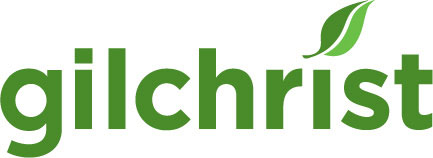Honoring World Alzheimer’s Day: The Role of Hospice in Dementia Care

September 21st is World Alzheimer’s Day, a time to raise awareness of the challenges faced by those living with Alzheimer’s and other forms of dementia—and to recognize the families and caregivers who walk this difficult journey alongside them. At Gilchrist, supporting individuals with dementia has long been a priority, and we are committed to ensuring no family has to face this disease alone.
For families facing an Alzheimer’s or dementia diagnosis, navigating care options can be overwhelming. Many loved ones feel uncertain about how to access the resources and support they need, particularly as their loved one’s condition progresses. Through Gilchrist’s comprehensive care programs—whether hospice, geriatric, or palliative care—we are dedicated to supporting you and your loved ones every step of the way.
Dementia, including Alzheimer’s disease, takes a toll on both patients and caregivers in a way that few other illnesses do. Today, an estimated 6.7 million Americans are living with Alzheimer’s or another form of dementia, and that number is expected to rise to nearly 14 million by 2060. The Centers for Medicare & Medicaid Services (CMS) introduced the Guiding an Improved Dementia Experience (GUIDE) Model on July 1, 2024, to enhance care for individuals with dementia and support their caregivers. Gilchrist is proud to have been chosen to implement this model, ensuring families receive the support and resources they need throughout their journey.
To address this growing need, the GUIDE Model focuses on three key goals:
- Improving quality of life for individuals with dementia by coordinating care, addressing behavioral health and functional needs, and ensuring smoother transitions between care settings.
- Reducing caregiver burden by offering training, 24/7 support and community-based resources.
- Preventing or delaying long-term nursing home placement by helping individuals remain safely in their homes for as long as possible.
Bridging the Gap Between Dementia Care and Hospice
At Gilchrist, supporting individuals with dementia and their families has long been a priority. Amy Hewat, Dementia Care Program Manager, is deeply involved in helping families navigate these care options, ensuring that they receive the right support at the right time.

“One of the biggest reliefs for caregivers is not having to figure out how to get their loved one out of the house safely for medical care,” Amy explains. “Many of our patients are homebound—not just physically, but because their cognitive and functional condition makes it unsafe or stressful to travel.”
Through programs like Geriatric Care at Home, Gilchrist is providing many of the services highlighted in the GUIDE Model. The ability to offer in-home phlebotomy, X-rays, INR testing, and other medical services reduces the burden on caregivers and allows those living with dementia to receive high-quality care without leaving their homes.
Additionally, many families find peace of mind knowing that when the time comes for hospice care, the transition will be seamless. Being under the GBMC-Gilchrist umbrella means that families will have continuity of care and 24-hour access to support, even before hospice becomes necessary.
What Should Families Do If They Need Help?
Amy advises reaching out to Gilchrist for families who are unsure where to start. “If a loved one has been diagnosed with dementia and the family doesn’t know what to do next, they can call us,” she says. “We’ll ask questions to determine if they qualify for home-based care, help them understand their options, and connect them with the right resources.”

As dementia care evolves, hospice and palliative care organizations like Gilchrist will continue playing a vital role in supporting families every step of the way. By providing expert guidance, medical services, and emotional support, they help ensure that no family has to navigate this journey alone.
If you have a loved one who has been diagnosed with dementia and you aren’t sure where to start, call 888.823.8880 or fill out the online form.


